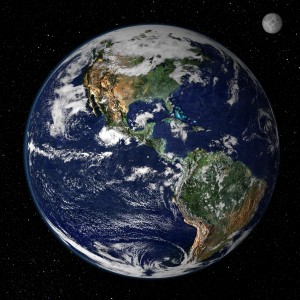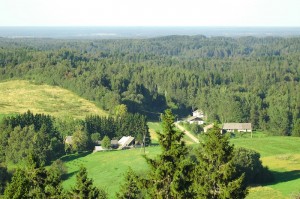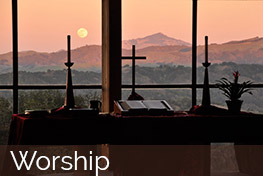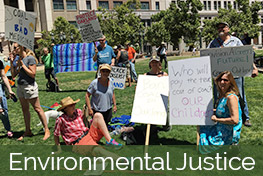 “The Fierce Urgency of Now” is a phrase that Rev. Dr. Martin Luther King, Jr. deployed in his address at New York’s Riverside Church when he articulated his opposition to the Vietnam War:
“The Fierce Urgency of Now” is a phrase that Rev. Dr. Martin Luther King, Jr. deployed in his address at New York’s Riverside Church when he articulated his opposition to the Vietnam War:
Jesus’ ministry begins in a time of turmoil following the arrest of John the Baptist. In the first chapter of Mark, Jesus declares, “The time is fulfilled, and the kingdom of God has come near; repent, and believe in the good news.” Theologians such as Paul Tillich have unpacked the nuance and significance of the Greek word for “time” in these opening words of Jesus.
Pied BeautyGlory be to God for dappled things —
For skies of couple-color as a brindled cow;
For rose-moles all in stipple upon trout that swim;
Fresh firecoal chestnut-falls; finches’ wings;
Landscapes plotted and pieced-fold, fallow, and plough;
And all trades, their gear and tackle and trim.All things counter, original, spare, strange;
Whatever is fickle, freckled (who knows how?)
With swift, slow; sweet, sour; adazzle, dim;
He fathers-forth whose beauty is past change:
Praise him.








